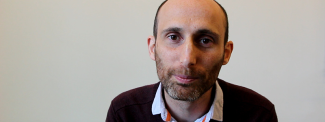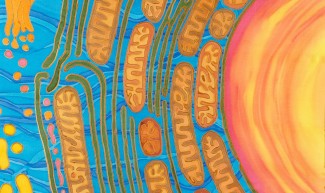Professor Adrian Isaacs, neuroscientist at the London University College (UCL), was the Institut du Cerveau - ICM's guest on April 18, 2016. On this occasion, he discusses his research on C9orf72 gene, which unusual mutation is at the origin of two related diseases : frontotemporal dementia (FTD) and amyotrophic lateral sclerosis (ALS).
All our latest «Invited Researcher» videos’ on YouTube.







